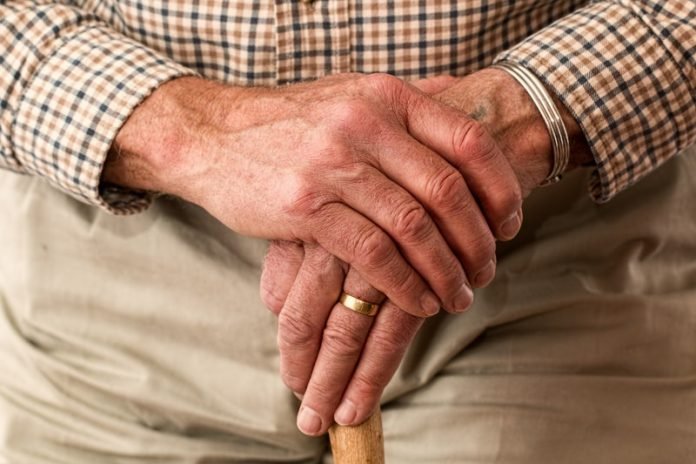
In a new study, researchers found that elderly people living alone or without social contact may be more likely to fall in their homes or be admitted to hospital for a fall.
The research was conducted by a team at University College London.
In the study, the team used data from a total of 13,061 participants aged 60 and over, collected between 2002-2017 as part of the English Longitudinal Study of Ageing (ELSA) survey.
They analyzed self-reported data on falls, and where available, records of hospital admissions related to a fall.
Falls are a major public health issue among older people, and over 50% of participants reported experiencing a fall within the study period, while 9% had a hospital admission related to a fall.
The team found that living alone and having little social contact, which was used as measures of social isolation, were linked to a higher risk of both self-reported falls and falls requiring hospital admittance in older adults.
After accounting for socioeconomic and lifestyle factors, people living alone showed an 18% higher risk of reporting a fall than those living with a friend or relative.
Individuals who had the least social contact were 24% more likely to report a fall and 36-42% more likely to be admitted to hospital for a fall than those with the most social contact.
The researchers suggest that living with another person and frequent social contact may reduce the risk of falling by alleviating stress and allowing risks to be identified.
Further studies should explore whether lockdown and social distancing measures as a result of the COVID-19 pandemic may have increased the incidence of falls in older individuals.
One author of the study is Daisy Fancourt.
The study is published in Scientific Reports.
Copyright © 2020 Knowridge Science Report. All rights reserved.



